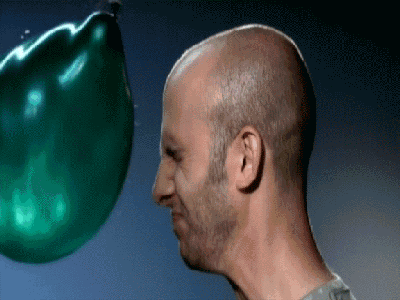“Even in the classroom, the dominant definition of the legitimate way of appropriating culture and works of art favours those who have had early access to legitimate culture in a cultured household, outside of scholastic disciplines, since even within the educational system it devalues scholarly knowledge and interpretation as ‘scholastic’ or even ‘pedantic’ in favour of direct experience and simple delight.” (Bourdieu 250)
In my blog post about Hebdige, I attempted to discuss the separation of high culture and low culture and why I consider the separation problematic. I tried to articulate why it bothered me but I feel I wasn’t entirely successful. When reading Bourdieu’s pieces, the reason hit me right in the face.
It’s not necessarily the separation of high and low that bothers me. It’s the pretentious assumption that low culture isn’t worthwhile and that someone is lowbrow for enjoying it. Here, Bourdieu doesn’t even call them “high culture” and “low culture.” He refers to them as “legitimate culture” and “illegitimate culture.” My question here is, what makes culture legitimate? A Shakespeare play and a Disney movie might be two very different cultural products, but they’re culture nonetheless. They come from two different art forms, but does that mean one is inherently better or more worthwhile? There is likely just as much scholarly analysis of Disney as there is of Shakespeare at this point. It’s not hard to find someone who finds just as much (or almost as much) worth in a play as they do in a Disney movie. (I say hang out in the theatre department for a while. You’ll find plenty.) I like to think that a text is a text no matter how it’s conveyed. Reiterating and rephrasing from my previous post, the medium of a text doesn’t automatically dictate its worth.

No comments:
Post a Comment